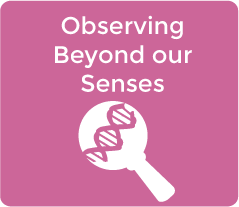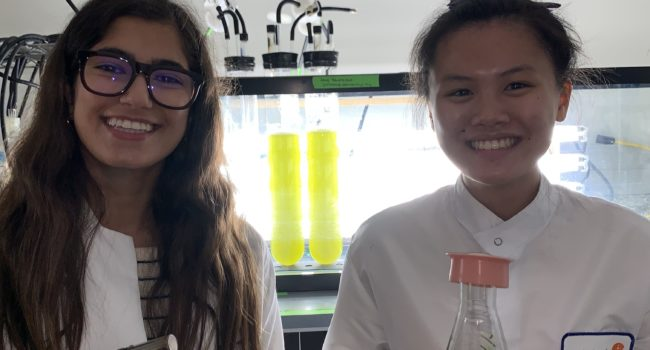CCC7 Crosscutting Concept 7 – Stability and Change
 see.isbscience.org/ngss/ccc7/
see.isbscience.org/ngss/ccc7/Stability and Change are the primary concerns of many, if not most scientific and engineering endeavors. “Stability denotes a condition in which some aspects of a system are unchanging, at least at the scale of observation. Stability means that a small disturbance will fade away—that is, the system will stay in, or return to, the stable condition. Such stability can take different forms, with the simplest being a static equilibrium, such as a ladder leaning on a wall. By contrast, a system with steady inflows and outflows (i.e., constant conditions) is said to be in dynamic equilibrium. For example, a dam may be at a constant level with steady quantities of water coming in and out. . . . A repeating pattern of cyclic change—such as the moon orbiting Earth—can also be seen as a stable situation, even though it is clearly not static.
“An understanding of dynamic equilibrium is crucial to understanding the major issues in any complex system—for example, population dynamics in an ecosystem or the relationship between the level of atmospheric carbon dioxide and Earth’s average temperature. Dynamic equilibrium is an equally important concept for understanding the physical forces in matter. Stable matter is a system of atoms in dynamic equilibrium.
“In designing systems for stable operation, the mechanisms of external controls and internal ‘feedback’ loops are important design elements; feedback is important to understanding natural systems as well. A feedback loop is any mechanism in which a condition triggers some action that causes a change in that same condition, such as the temperature of a room triggering the thermostatic control that turns the room’s heater on or off.
“A system can be stable on a small time scale, but on a larger time scale it may be seen to be changing. For example, when looking at a living organism over the course of an hour or a day, it may maintain stability; over longer periods, the organism grows, ages, and eventually dies. For the development of larger systems, such as the variety of living species inhabiting Earth or the formation of a galaxy, the relevant time scales may be very long indeed; such processes occur over millions or even billions of years.” (p. 99-100)






